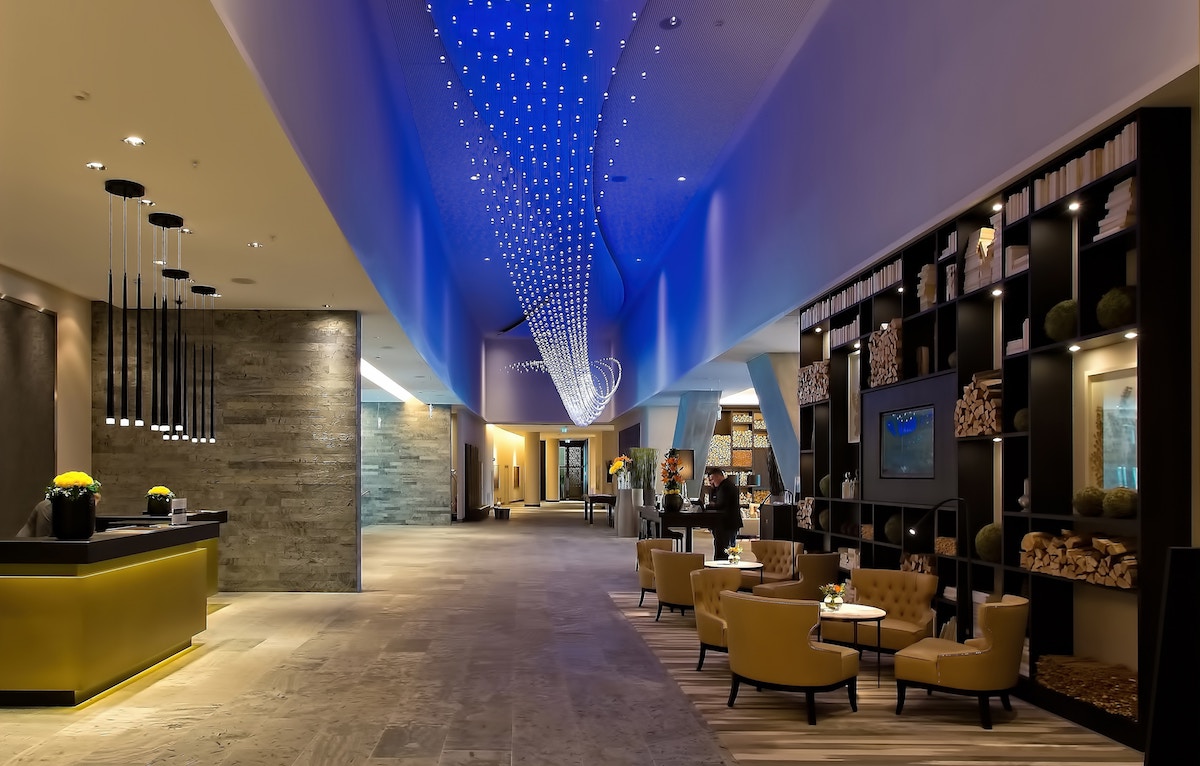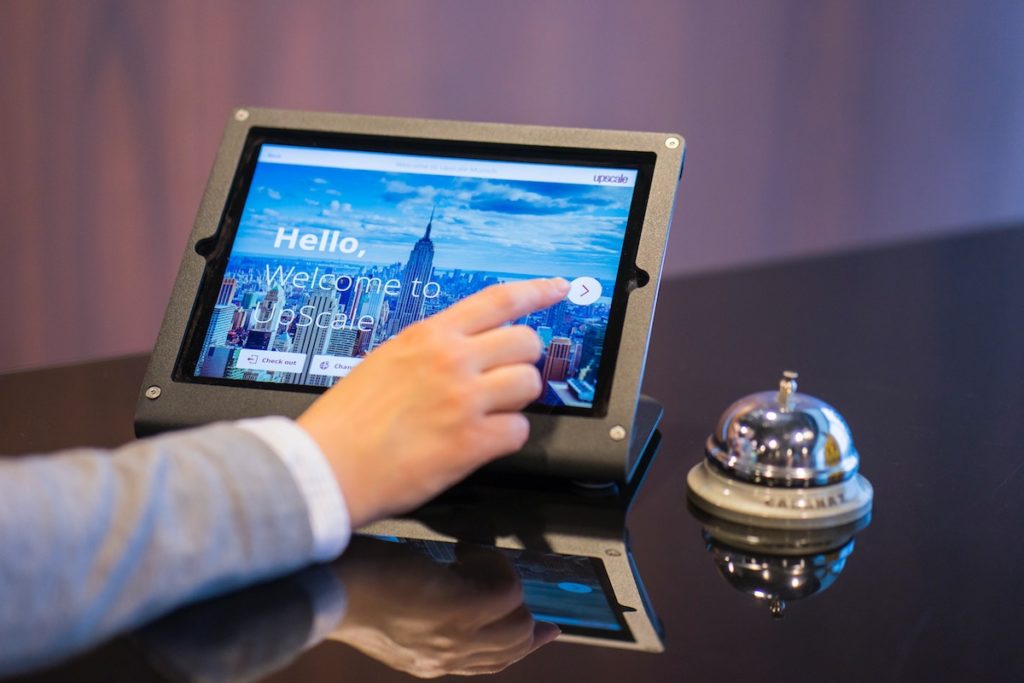How to Build a Boutique Hotel Marketing Plan

With the rise of Airbnb and vacation rental properties, you may be feeling the strain of trying to compete with an ever-growing market. Airbnb is the 4th-largest OTA in the accommodation market and experience-minded travelers are looking to stay in more nontraditional spaces when they travel.
That’s why boutique hotels have a unique advantage over big brands when competing with home rentals and B&Bs. However, you’re still competing against hotel chains and OTAs with enormous budgets for television ads and the top ad spot on Google. Boutique hotel owners need a concrete hotel marketing plan to stay ahead. We’ll help you get started.
1. Know Your Audience

If you don’t know who your audience is, you could be wasting valuable time and budget on marketing tactics that aren’t catching on. Find out how your customers are choosing you and how to find more people like them by first considering the buyer’s journey when you build your boutique hotel marketing plan.
Generally, in marketing, the buyer’s journey involves three stages:
- Awareness: a person has a problem that can be solved with a product or service
- Consideration: they then compare brands and features through research
- Decision: the customer makes a purchase
Here are a couple of examples of what this could look like:
- Awareness
A couple realizes it’s their 20th anniversary this year and they want to book a special vacation. At the same time, a young professional learns about a conference they need to attend in a city they’ve never been. - Consideration
A trusted friend recommends a hotel in the destination that the couple wants to visit. They look at the hotel’s Facebook page to see if there are any special events during their visit. Meanwhile, the professional may search for hotels in Google Maps to find one in the location they want. Then, they go to TripAdvisor to read reviews and view photos on the hotel website. - Decision
The couple calls the hotel directly to book their dates. They ask if there’s anything special the hotel can do to help them celebrate, and the hotel employee helps them book reservations for an exclusive restaurant. The professional books a hotel through the OTA approved from their corporation that offers free cancellations.
By researching your own customers to find out how they find you and why they book with your boutique hotel, you’ll be able to put your marketing budget in the best avenues to increase bookings. This could mean hiring a photographer to provide the best photos for your website, or paying a muralist to create an Instagrammable spot outside your hotel to boost social awareness.
2. Find What Makes You Unique

Guests choose boutique hotels because they don’t want a cookie-cutter experience. Show off your uniquely designed rooms or ways that your staff go above and beyond on social media. Keep your hotel-provided photos on TripAdvisor updated and listen to what details past guests rave about. You can use a sentiment analysis tool to find out what aspects of your hotel make a guests’ stay stand out and hone in on those details in your marketing efforts.
These details are what will inspire prospective guests in the Consideration phase and move them to the Decision phase of the buyer’s journey. When developing your boutique hotel marketing plan, you’ll use this information to inform what areas to focus on.
3. Set Your Budget

Every hotel marketing plan begins with a budget. These are usually set by setting an annual marketing budget when evaluating your hotel’s budget for the year, then breaking that down into monthly spend. Your monthly budget will pay for items like:
- Digital ads on Google and Facebook
- Traditional advertising like ads in local travel publications
- Social media giveaways like contests (think: Share your favorite photo from your stay for a chance to win a $25 Amazon gift card!)
- Outside vendors like photographers and website developers
Get quotes and intel early to help inform the year. All too often a business owner will decide on how much they want to spend, but not how much they actually need to be competitive. Build in a cushion for unexpected expenses.
4. Plan Your Campaigns

In marketing, a campaign is basically an organized effort to promote your business. For retailers, this could be a Black Friday campaign, which would include coordinated social media ads, a website banner, and local television ads. Hotels can plan campaigns both to get the most out of their busiest times of the year and to help fill rooms in the slower seasons.
Get a calendar and map out exactly what your campaigns for the year will be. If you’re planning on offering one night free with a four-night stay in September, then work backward to schedule due dates for all of your deliverables – creating social media images, getting a promo code set up in your reservation system, and writing emails to your past customers.
5. Measure the Results

While you won’t be able to attribute every booking back to a marketing campaign, track as much as you can so you know what’s paying off. Ask guests who book over the phone for where they heard from you, and use discount codes on your booking page. Work with a website specialist to set up Goals in Google Analytics to help you track which organic and paid searches converted on your website.
By keeping a report of how much a campaign cost versus how much revenue you brought in, you can tweak the plan for the next year to make it even more cost-effective. Just keep in mind that a customer’s journey is more complicated now than ever before, and they could have researched your hotel across many sources before finally buying. Don’t discount the power of social media or reviews just because the final conversion comes from a Google Ad or OTA website.
Your boutique marketing plan should be a constantly evolving piece of your marketing mix. Keep your audience, seasonality, and goals in mind to get the most out of your plan. For more ideas on building great campaigns for your boutique hotel, check out the Suite Spot podcast on Tips for Marketing Independent Hotels.





0 Comments